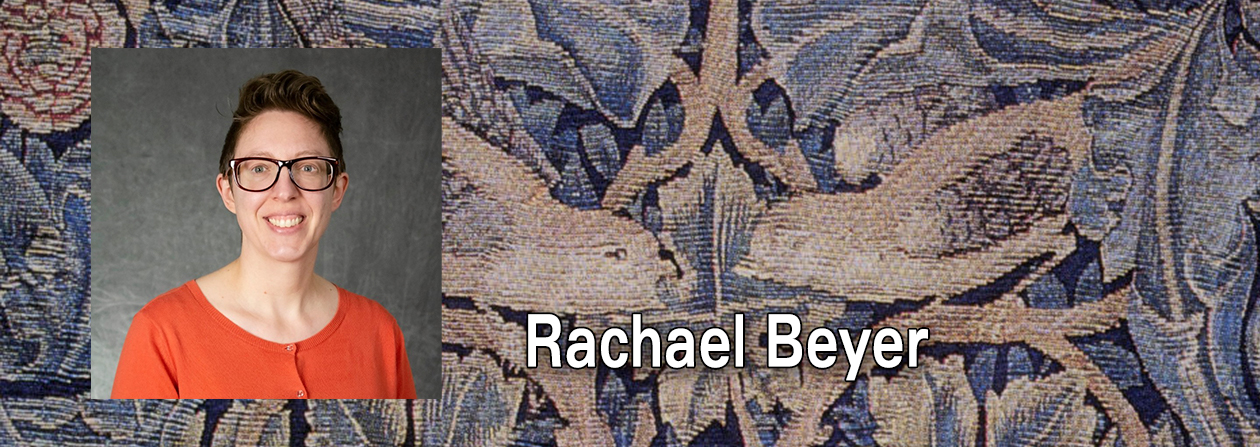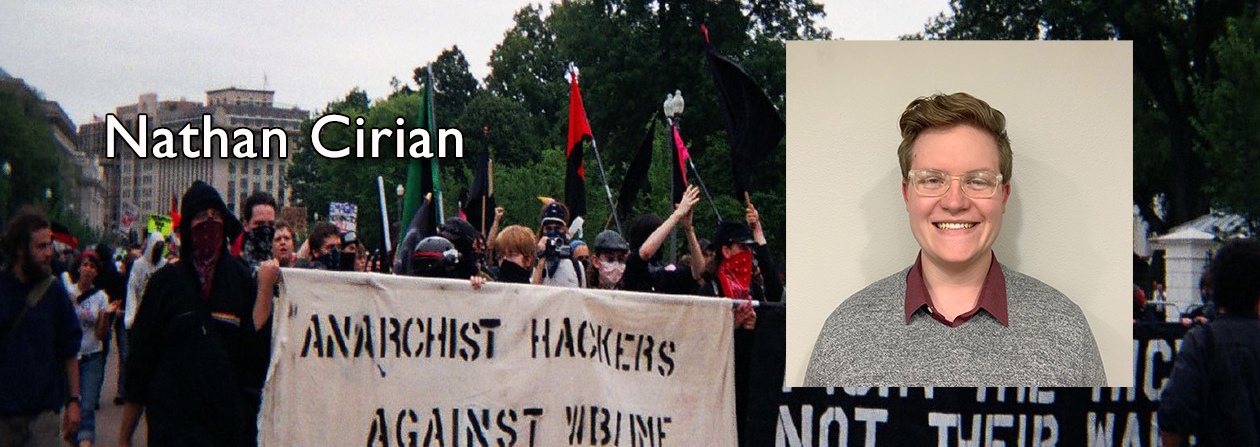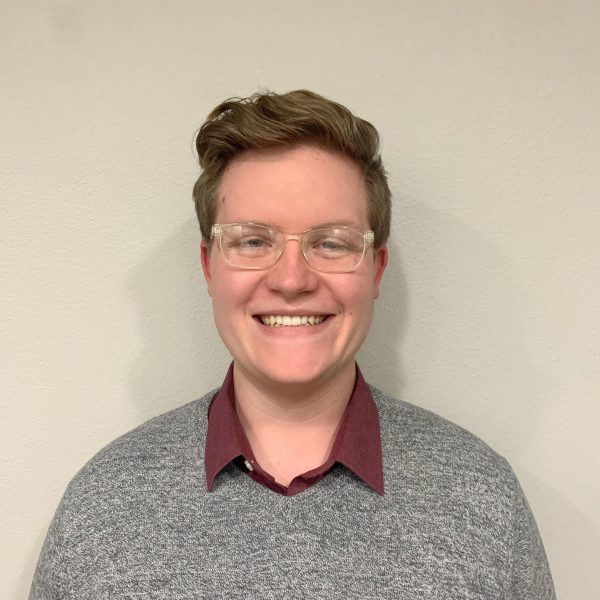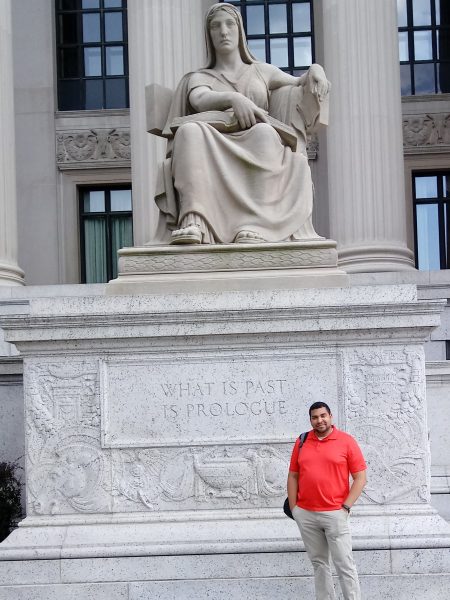MA Mondays
ISU History boasts a vibrant MA program. Who are our students? What do they do?
Keep an eye out here for weekly profiles of current students and recent graduates of our Master of Arts Program. You’ll learn about their past and current research — musicians, merchants, farmers, civil rights, ministers, prostitutes (lots of them!), and more — their plans for the future, and the interesting paths they have taken to get where they are today.
Nathan Cirian is a second year MA student.
Rachael A. Beyer graduated with an MA in American history in 2013.
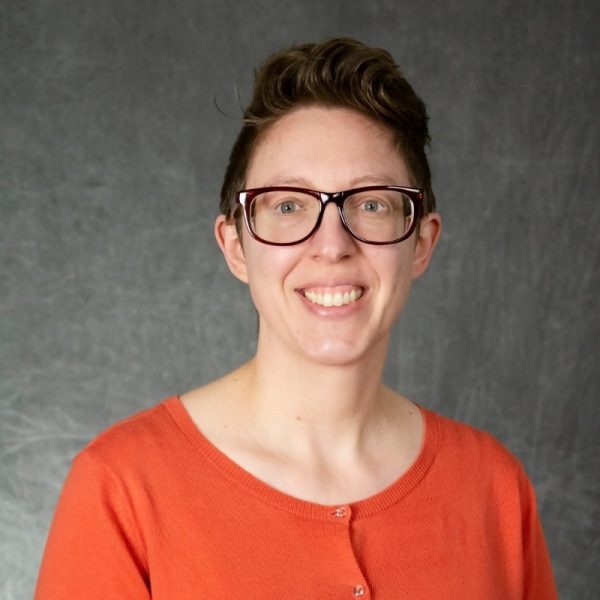 Prior to returning to school, I served in the Air Force in Japan, worked as a health care administrator in Pennsylvania, ran a hydroponics lab for a start-up company in Colorado, and shipped seeds for the USDA Plant Introduction Station in Ames. Despite growing up in Sioux City, I arrived at Iowa State circuitously, via my ex-husband who first brought us here for his education. I am particularly interested in the relationships between producers and consumers, so I wrote a comparative thesis on two communities of the American arts and crafts movement, working with Dr. Monroe.
Prior to returning to school, I served in the Air Force in Japan, worked as a health care administrator in Pennsylvania, ran a hydroponics lab for a start-up company in Colorado, and shipped seeds for the USDA Plant Introduction Station in Ames. Despite growing up in Sioux City, I arrived at Iowa State circuitously, via my ex-husband who first brought us here for his education. I am particularly interested in the relationships between producers and consumers, so I wrote a comparative thesis on two communities of the American arts and crafts movement, working with Dr. Monroe.
Upon graduating, I matriculated into the University of Delaware as a Hagley Fellow, where I earned a certificate of museum studies and am now a PhD candidate. My intent was to continue my master’s thesis topic into the PhD, but all the rural studies courses I took at ISU influenced my academic career. I ended up staying with my interest in producer-consumer relationships but, upon finding a significant absence in the history of capitalism, moved into rural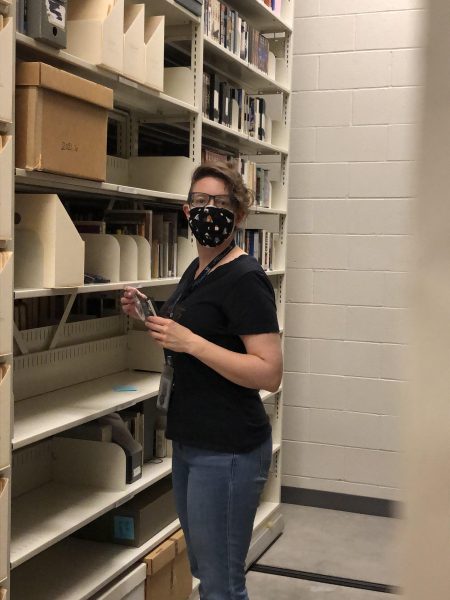 history for my dissertation: “‘The Nation’s Youngest Capitalists:’ how the Future Farmers of America shaped rural stratification, agribusiness, and farm politics in the twentieth century.”
history for my dissertation: “‘The Nation’s Youngest Capitalists:’ how the Future Farmers of America shaped rural stratification, agribusiness, and farm politics in the twentieth century.”
Although I continue to work on my dissertation – 2022, fingers crossed! – I became the John W. Emery Associate Curator of Oral History at History Colorado just a few months before COVID arrived. I adore my job, which focuses on education. This means that while I do collect oral histories, I spend a lot of time teaching oral history in programs, to my interns, and to youth in videos like this one. I also have a program called Historical Table where I dig into the archives to find recipes and stories important in Colorado’s history. You can check those out on History Colorado’s YouTube page by clicking here. My favorite project right now is a pilot program I’m doing with the Routt County 4-H and Colorado State Extension on Centennial Farms & Ranches (those held in a single family for over a century). I’m teaching 4-Hers how to collect oral histories from start to finish before they go out and interview their neighbors or family members. COVID hasn’t slowed down collecting, it’s just moved us to Zoom!
Kevin Klimowski is a returning MA student
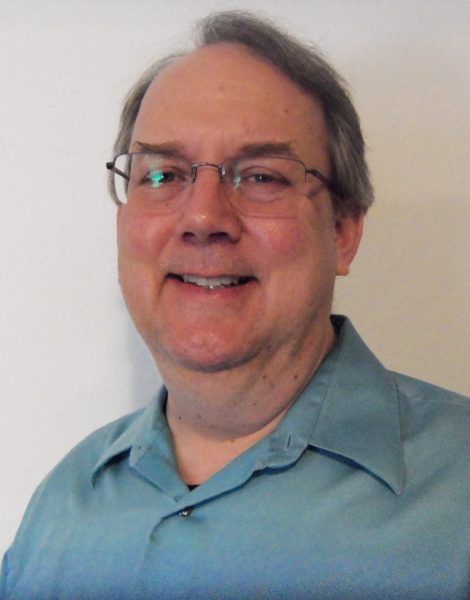 Tell us about yourself. Where are you from? How did you get here?
Tell us about yourself. Where are you from? How did you get here?
I came to Iowa State after teaching for Des Moines Public Schools for 29 years. I graduated in 1989 from Iowa State as a history major and an education minor. After teaching for twenty-seven of those twenty-nine years at Harding Middle School in Des Moines, I decided I needed a sabbatical and with my family’s support, decided that getting my Master’s in History would be the way to go!
What questions do you want to pursue while you’re at Iowa State? What area of history interests you most?
I am most interested in questions regarding school integration of the 1950’s through the 1970’s. As an educator, this was always one of my most interesting units to teach, but I really didn’t know much about it. Later, my family went on a Civil Rights spring break tour and visited Atlanta, Jackson, Montgomery, Selma, Birmingham, and Little Rock. This sparked a desire to know more about this important period in our nation’s history. Currently, I am researching school integration in Clinton, Tennessee, New Orleans, Louisiana, Little Rock, Arkansas, and Boston, Massachusetts. I am also exploring how these integration efforts have been portrayed in film adaptations of this history.
What do you want to do with your degree?
After earning my degree, I plan on continuing to teach in secondary schools or community college.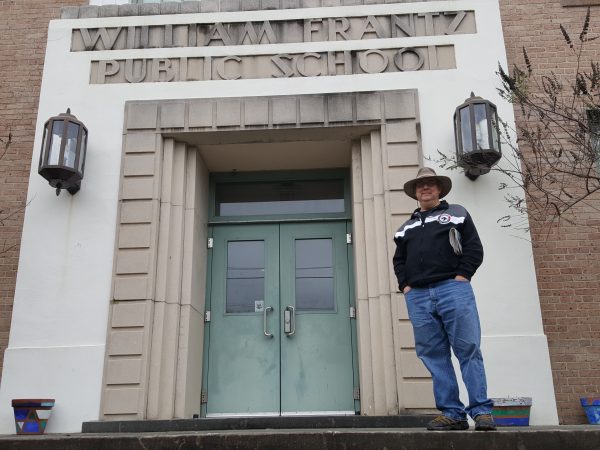
What have enjoyed most about your time here?
I really appreciate the professional attention and support that I have received from my fellow grad students and the History faculty at Iowa State. I was rather nervous when this whole thing got started, but each one of you has made a big difference to me while I have been here. Thanks, so much!
Seth Hedquist graduated from Iowa State in 2015.
Tell us about yourself. Where are you from? How did you end up at Iowa State?
I live in Des Moines, IA, my hometown. When I was a kid, I could easily pass hours digging through boxes of old family photos in my mom’s basement, and she always set aside time to tell me who the people in the pictures were and what they were like. I think that’s where ‘research’ began for me, and I carried that interest throughout high school. I chose Iowa State to finish a four-year degree because of its proximity to Des Moines, where I was also building a career in music.
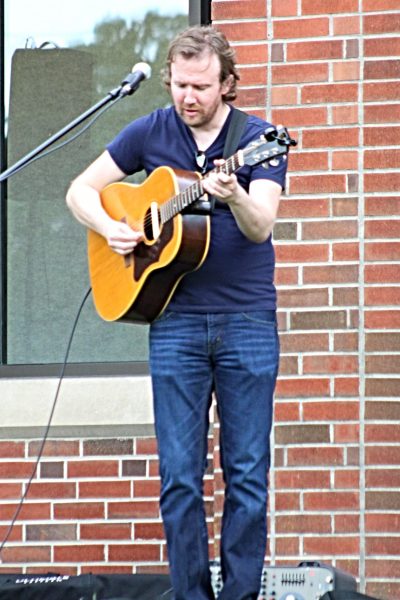 As an undergraduate, I took a lot of great history classes, but I really loved my History 495 senior thesis class, under the direction of Dr. Riney-Kehrberg. The theme was The Great Depression, and I didn’t know it at the time, but in that class that she introduced me to the first source that I would eventually use for my Master’s thesis – an online collection of 1930s Library of Congress folk music recordings.
As an undergraduate, I took a lot of great history classes, but I really loved my History 495 senior thesis class, under the direction of Dr. Riney-Kehrberg. The theme was The Great Depression, and I didn’t know it at the time, but in that class that she introduced me to the first source that I would eventually use for my Master’s thesis – an online collection of 1930s Library of Congress folk music recordings.
Who did you study with and what questions did you pursue?
As a Master’s candidate under Dr. Riney-Kehrberg’s direction, I focused my research on musicians in rural Iowa who played at county and state farm bureau events in the 1920s and 30s. I wanted to know who these musicians were and what needs they fulfilled for their farm bureaus, and for themselves, by participating in those events. I also wanted to know if the styles they played measured up to farm bureau and Country Life leaders’ expectations for rural music at that time. Broadly, this topic challenged me to think a lot about the complexities that come when people play music for organizations, especially during trying times of heightened pressure, like the 1920s and 30s.
What are you doing now?
Currently, I work as a musician in Des Moines. I teach guitar lessons at Central Iowa Music Lab and Drake University, and I freelance perform. I’m also a dad. My wife Kathryn just gave birth to our son Layne on December 29th, 2020!
Anything else you’d like to tell us?
After graduating with my masters in 2015, I was fortunate to receive the Iowa History Center’s ‘Outstanding Master’s Thesis’ award. I spent the better part of the next year working to get parts of my thesis, The Chronicles of Agrimusic published. In 2019 the Agricultural History Society published my article “Boost the Farm Bureau”: Agricultural Leaders, Progressive Musicians, and Social Orchestration in Iowa, 1921-1937.” I also continue to work as a musician, playing guitar for artists like The Maytags, Bonne Finken, and Nella Thomas, as well as for the Des Moines Symphony and traveling Broadway musicals when they come to the Des Moines Civic Center.
Aiden Daly is a first-semester MA student
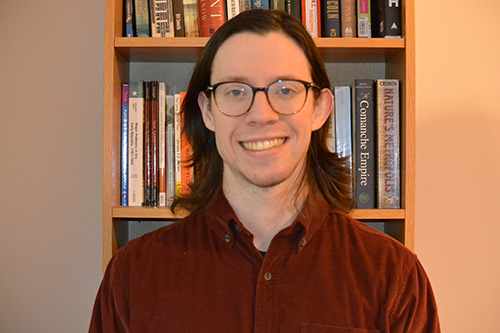 Tell us about yourself. Where are you from? How did you get here?
Tell us about yourself. Where are you from? How did you get here?
I grew up in southern New York and then got my undergraduate degree from the College of William and Mary in Williamsburg, Virginia. I was interested in doing research on railroads and interregional connections and the history program at Iowa State offered the opportunity to do that along with chances for professional development.
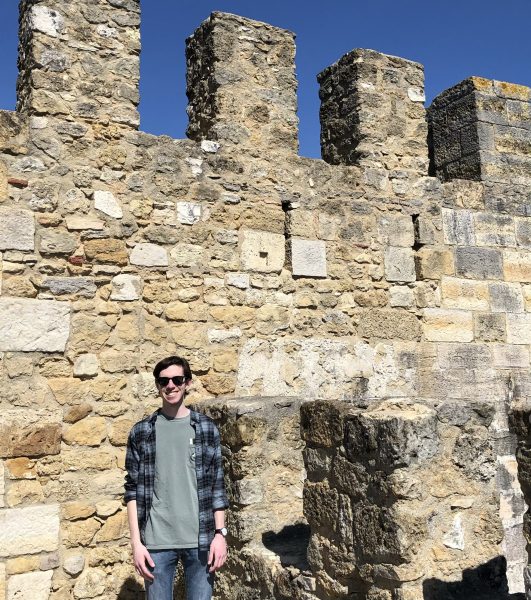 What questions do you want to pursue while you’re at Iowa State? What area of history interests you most?
What questions do you want to pursue while you’re at Iowa State? What area of history interests you most?
I am most interested in examining the interregional connections within the United States during the late 19th century. In particular, my research currently focuses on the interregional political and economic interactions behind the construction of the Illinois Central Railroad and the Cairo Rail Bridge, which provided a railroad connection between Chicago and New Orleans. Additionally, my research seeks to understand the ways in which the development of rural communities in Southern Illinois was shaped and influenced by the construction of the Illinois Central Railroad.
What do you want to do with your degree?
I want to continue on to a PhD program. I would like to end up teaching in some capacity and I think it would be interesting to explore different ways to communicate history.
How else have you been involved in the history profession?
I’ve been involved with National History Day for several years now as a competitor at the state and national level and as a volunteer judge, as well as helping students to improve their projects for the competition.
Dwain Coleman graduated from ISU’s MA program in 2016 and is pursuing a PhD in History at the University of Iowa.
Tell us about yourself. Where are you from? How did you end up at Iowa State? 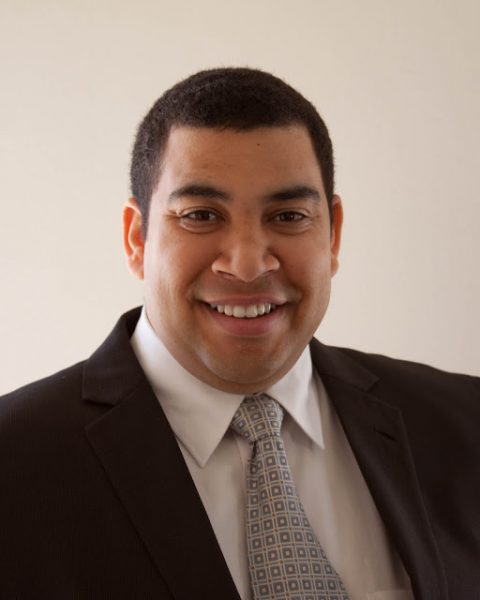
I am originally from Las Vegas, NV. I received my undergraduate degree from UNLV and was a history teacher. My family moved to Iowa to be closer to extended family here in the Midwest, and I decided that it would be a good time to go back to school and get a master’s degree. I applied to the history graduate program at Iowa State and gratefully was accepted.
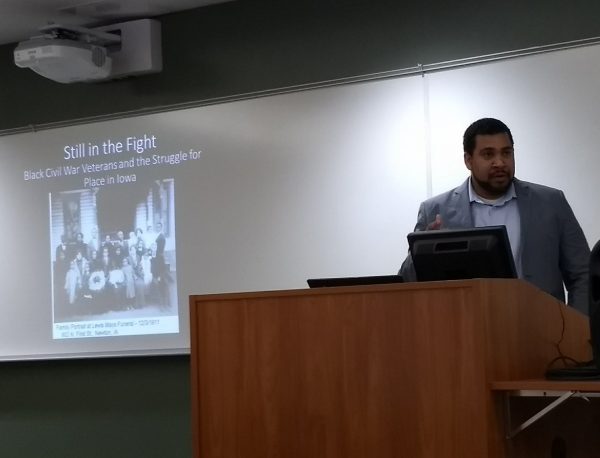 Who did you study with and what questions did you pursue?
Who did you study with and what questions did you pursue?
When I started graduate school, I did not know exactly what I wanted to study. Early on, I took full advantage of taking various courses and attending history presentations put on by the university and by the State Historical Society of Iowa (SHSI). After attending one presentation organized by Dr. Brian Behnken and SHSI on abolitionists in Iowa, I became interested in the postwar lives of some of Iowa’s Black freedom seekers who enlisted in the First Iowa Infantry of African Descent during the Civil War. I contacted the presenter, the late Doug Jones, who oversaw the Iowa Freedom Trail Project. He was generous with his time and became a good friend and mentor and helped me find many sources that aided my research. My thesis explores the ways in which Black Civil War veterans developed communities in Iowa using the political capital of their military service to fight for equal rights and community space. Dr. Kathleen Hilliard, my advisor, was indispensable in helping me to craft my thesis, which later won the Iowa History Center Award for Most Outstanding Master’s Thesis in Iowa History.
I am currently working on writing my dissertation, which is a regional expansion of my master’s thesis, at the University of Iowa. My dissertation explores how Black veterans and their families utilized mobility and the political capital of military service to form communities in Iowa and Kansas during the long reconstruction period. I am also a co-founder and co-director of the Iowa Colored Conventions Digital Project (a satellite project of the coloredconventions.org), which seeks to research the participation of Black Iowans in the Colored Conventions movement during the late nineteenth century. The Colored Conventions was a national movement that fought for Black citizenship rights, the repeal of Black laws, and equal rights in communities. The digital project has identified over a dozen previously unknown conventions in Iowa and is currently working on providing resources such as digital maps, essays that provide historical contextual analysis, primary documents, and curriculum for the public and educators. I hope to have a career in academia after I complete my dissertation.
Edie Hunter is a full-time, university employee as well as an MA student.
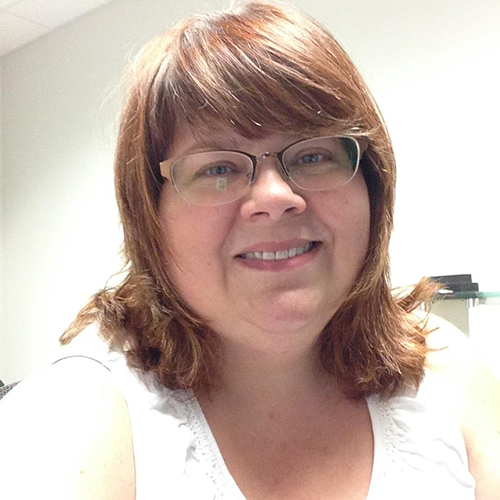 Tell us about yourself. Where are you from? How did you get here?
Tell us about yourself. Where are you from? How did you get here?
I’m not really “from” anywhere – we moved many times when I was a kid, so I can say I’m a Hoosier by birth but lived in So Flo as a teen, escaped from the west side of Boone as a young adult, and now a proud citizen of Ames. I received a Bachelors in 1998 from ISU then went to work outside of History, but found my way back when I returned to the University as an accountant in 2016.
What questions do you want to pursue while you’re at Iowa State?
My area of focus is 20th Century social and cultural history so my research has been all over the place within that focus. I tend toward local history (Ames, central Iowa, Middle West) and I’ve written on subjects from the evolution of Psychology as a discipline at land grant universities, “town vs gown” anxieties revealed during two somewhat related murders in Ames in the late 1960s, and the changing shifts in power during a local involuntary land annexation case in the 1950s. For my master’s thesis, I’m examining the removal of war memorials during World War II scrap metal drives in the Middle West and elsewhere and exploring how this reflects changes in memory and commemoration during the early 20th Century.
What do you want to do with your degree?
I qualify for tuition reimbursement as an employee of the University – but only for one class a semester. This means I’m now on my third of four years earning a Masters, but the silver lining there is I can dedicate full attention to whatever that class may be. But now that I’ve had several papers accepted at various conferences, received two grants (albeit very small ones), and had an article published this fall, that makes me take this pursuit more seriously. I’ve never had the urge to teach, but being an accountant with a History PhD might give me an advantage in the non-academic job market. I can see a government or public history career out there possibly.
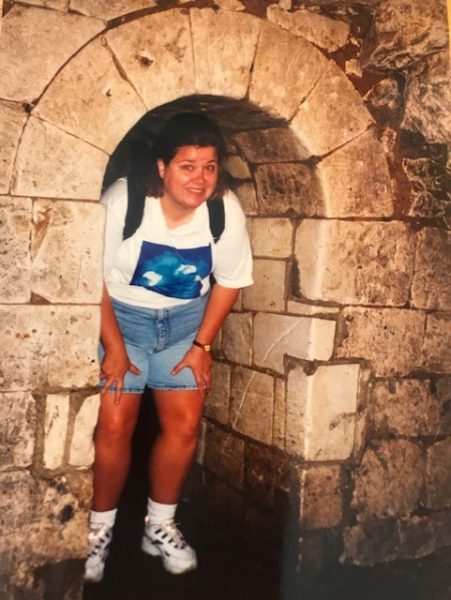
What advice would you give your colleagues and/or prospective students?
Maybe just to impart a bit of wisdom I’ve learned while in the program (this may be common knowledge, but I needed to learn it all). First, please don’t think you need to write Race and Reunion or Nature’s Metropolis before you put your work out there. Maybe you have research that’s a work-in-progress and needs polish, but that shouldn’t stop you from submitting a conference proposal or serving on a panel. Even if the work isn’t something you will pursue later, it’s good to get used to presenting and getting your name out there in your area of specialization. In other words, don’t just go to a conference, be in the conference.
Also, find and apply for grants. There are so many out there and if you spin your proposal just right, you never know what might happen. And along those same lines – take advantage of the grant writing courses and the writing resources we have available! I was a good writer when I came into the program, but I’m an even better writer now for having done so.
Finally, GET INVOLVED! Come to (or join) the RATE lectures and presentations, GSH meetings, or whatever else is offered by the department. This program is only as good as its members and we need everyone to participate! Bring your ideas and your experience to the program. And, if nothing else, your participation always looks good on a CV.
Josiah Pollock is a second-semester MA student.
Tell us about yourself. Where are you from? How did you get here? 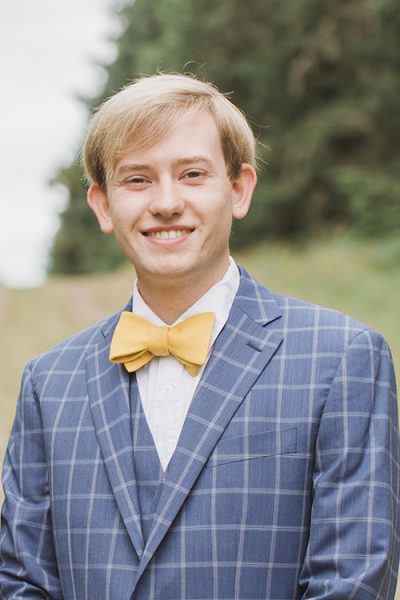
I am from the rainy western portion of Washington State, 45 minutes south of Seattle–if traffic did not exist. Since high school I wanted to study agricultural history and tailored my undergrad at the University of Washington toward agricultural topics. Local history has always been my focus so coming to Iowa State to study Pacific Northwest agriculture is quite random. Iowa State was the only university I found in the nation which had a graduate program in agricultural history. Prior to starting my undergrad I was hired by Fort Nisqually Living History Museum as a historical interpreter. I had volunteered at the fort since a child of six. The job opportunity allowed me to stay local and research local topics. The museum was beginning to embrace its agricultural story which fed my desire to study agricultural history. After completing my degree, I continued to work for the museum until it became obvious that my career in the museum field would become stagnant without a graduate degree. I decided now would be the perfect opportunity to get a degree in agricultural history which is how I am here.
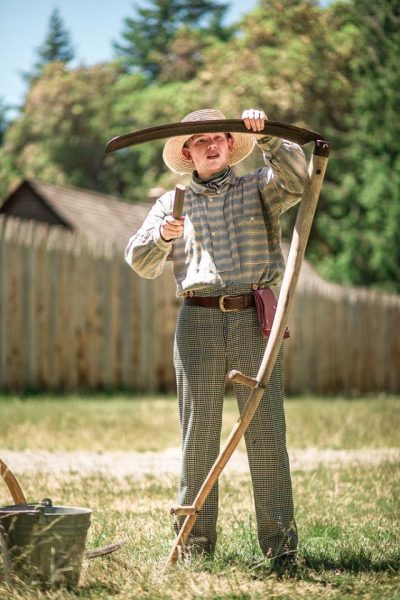
What questions do you want to pursue while you’re at Iowa State?
I research the little known agricultural arm of the Hudson’s Bay Company, The Puget Sound Agricultural Company (PSAC). They farmed close to 300,000 acres in Washington and British Columbia on Vancouver Island. In the past, I have only narrowly looked at the company between the years 1840-1860, primarily focused on the year 1855. I hope to expand the date range into the 1930s when the company dissolved. I’m particularly interested in the advanced farming techniques and agricultural practices utilized by the company, agricultural practices the United States would not impose for decades. Why the scientific advancement of agriculture was taking place in the remotest parts of the west in the middle 19th century has always intrigued me, especially since Ireland was struggling under extreme famine and England was suffering devastating crop failures. I’m also interested in crop rotation, primarily the relation between crop rotation as agricultural science and indigenous and Hawaiian cultural practice.
What do you want to do with your degree?
I would love to return to the museum field, while working in higher education. Directing an agricultural museum as a fully functioning farm would be the ultimate goal with the opportunity to teach at a university.
Anything else you’d like us to know?
I enjoy lecturing and have given multiple lectures on the PSAC to museums, historical societies, and university classes. The highlight of my research to this point in my career was curating Commerce on the Cowlitz: Trade, Transportation, and Territorial Transition. This exhibit detailed the unique role agriculture and the PSAC played in creating the modern routes of transportation utilized in western Washington State. In my undergrad I was selected for the Mary Gates Research Scholarship and traveled to the Royal British Columbia Archives. I am very interested in cross border research and in my area of expertise it is imperative in gathering the full story. My passion is understanding an era to its fullest. This includes understanding the lifeways of the people in the region down to the mundane minutia. Food history, technology, clothing, I find this level of detail extremely important in order to understand the bigger picture. I have enjoyed co-writing articles on PSAC food and fashion and hope to continue including these topics in my future work.
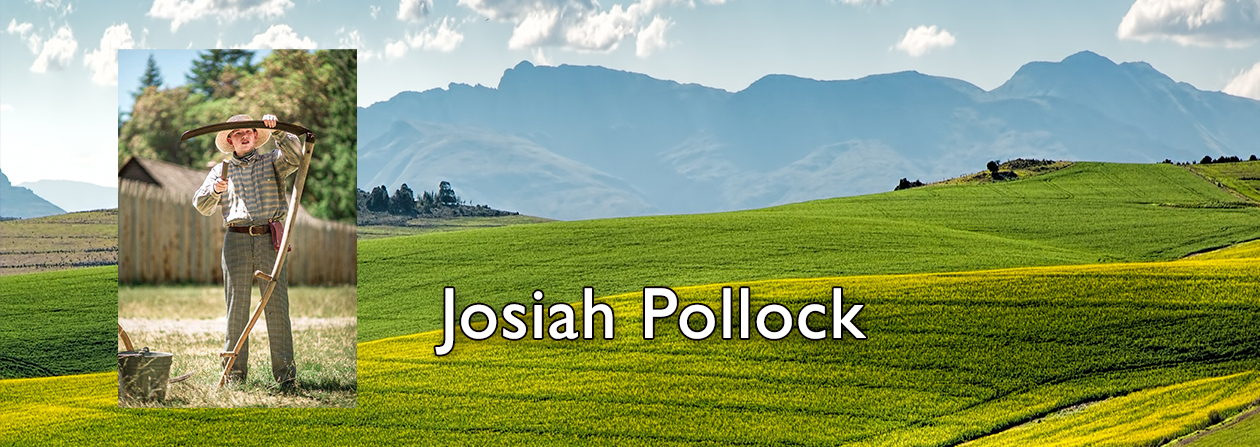
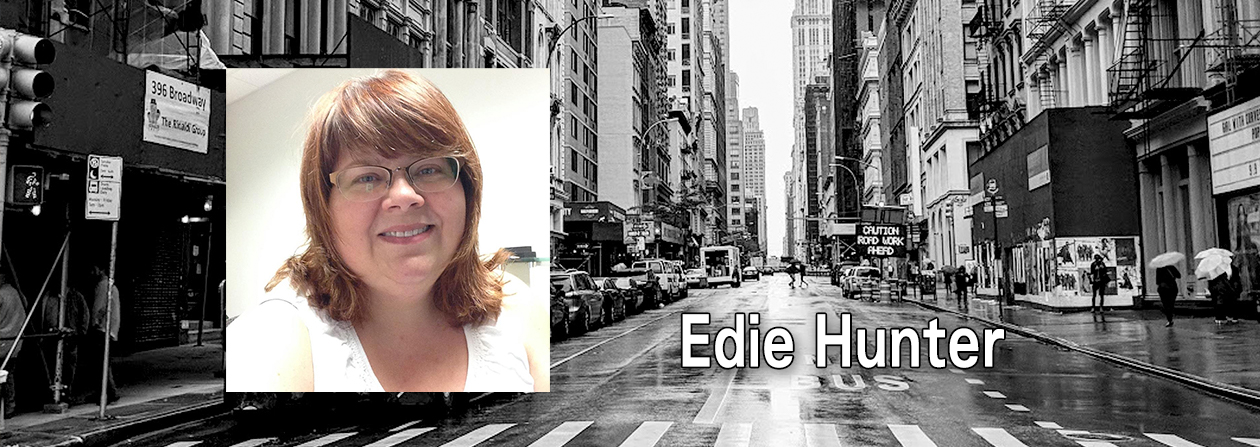
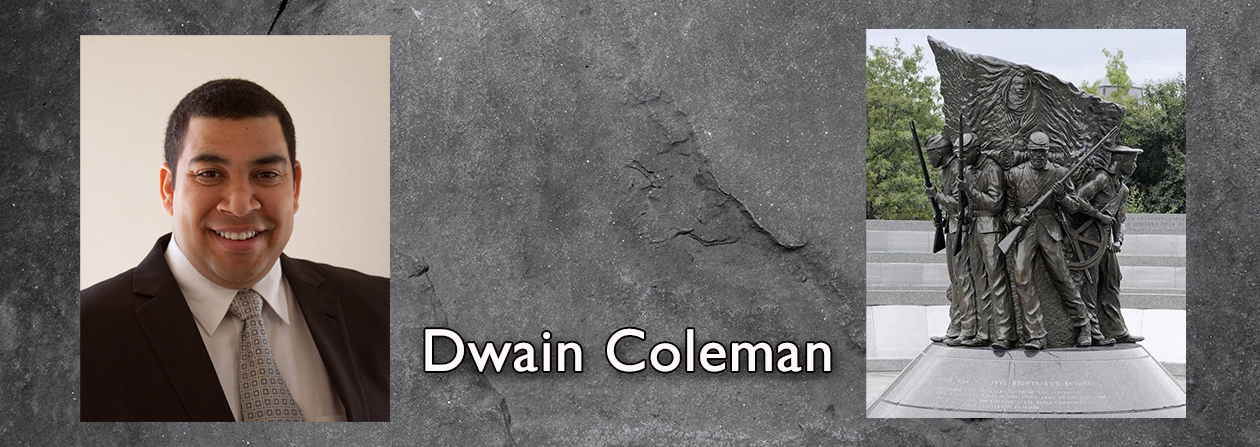
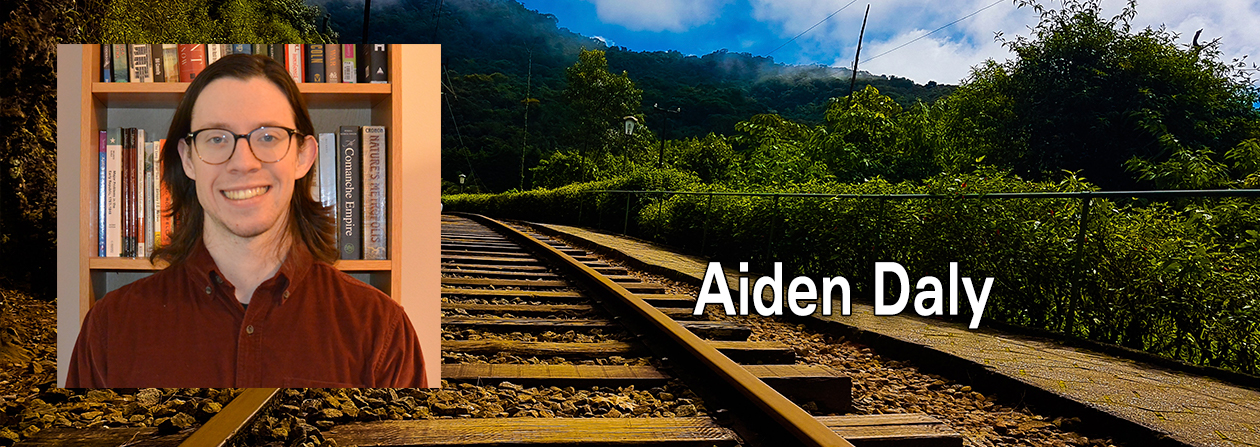
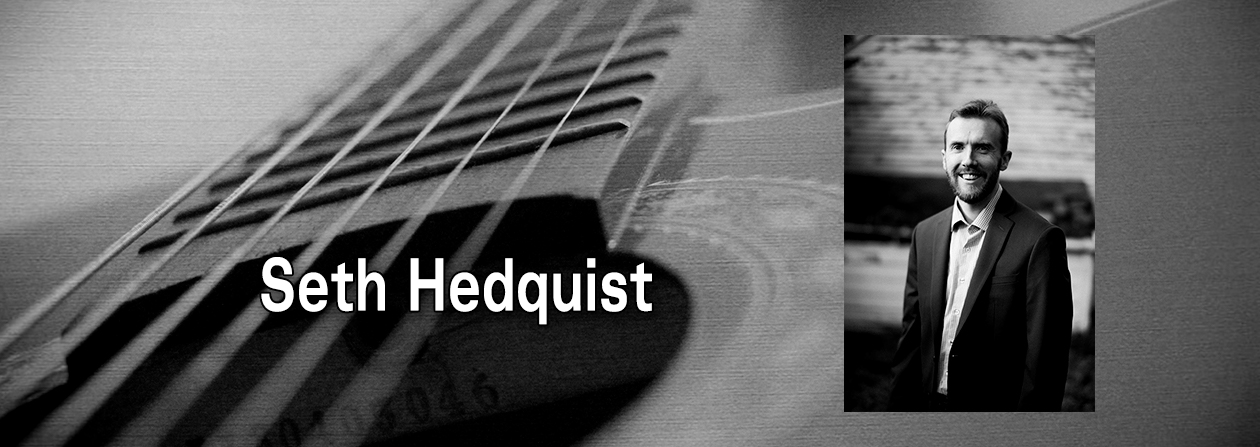
![[Demonstrators marching in the street holding signs during the March on Washington, 1963] / MST. Wikimedia Commons](https://wp.las.iastate.edu/history/wp-content/uploads/sites/74/2021/03/MA-Mondays-Kevin-Klimowski.jpg)
